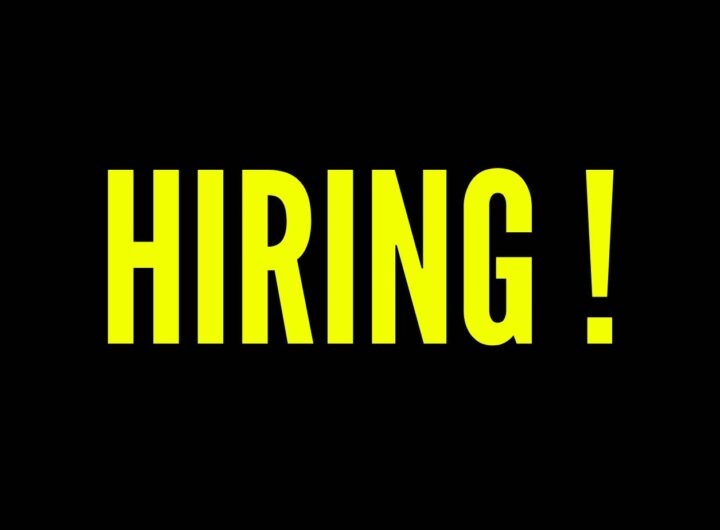Kenya Trends
May 8, 2025
Building Android applications Course Details Title Android apps with artificial Intelligence Category Development Sub Category Mobile Development Creator Name...































